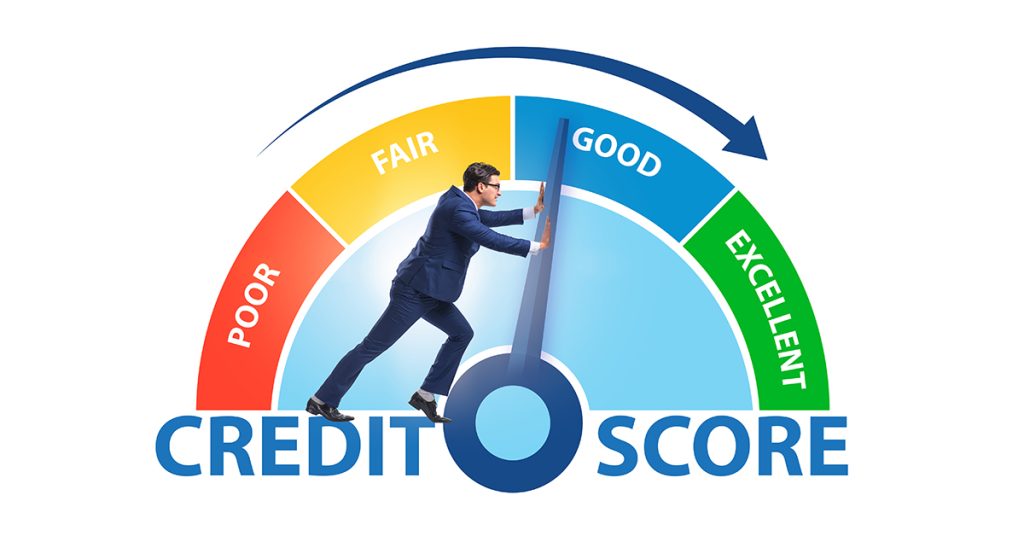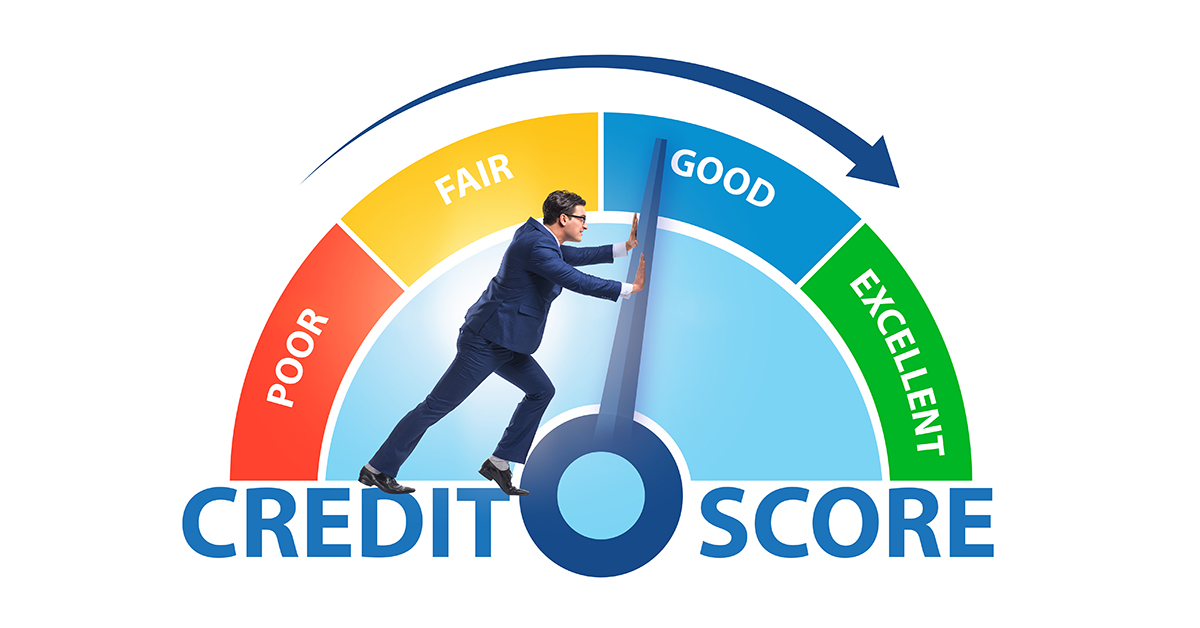Is a Credit Score Needed for Hard Money Loan Approval?
Does My Credit Matter for a Hard Money Loan?
If you’re curious about hard money loans and how to increase your chances of being approved, one topic that is sure to come up is credit score. Is a good credit score required for acquiring a hard money loan? The short answer is no; however, certain factors may cause the lender to have minimum credit score requirements and request further information from the borrower before deciding whether Approval will be issued.
In this blog post, we’ll discuss why an excellent credit score isn’t always necessary for getting the loan you need and some strategies for improving your chances of accepting a business loan regardless of your financial background. Read on to learn more about this exciting lending option!
Credit Score Hard Money Loan
Simply put, a hard money loan is a type of loan that uses real estate as collateral. It’s a type of private loan in which the borrower promises to provide the lender with an asset (usually property) that can be seized if the borrower defaults on their monthly payments after that. “hard money” refers to loans secured by tangible assets rather than the lender’s creditworthiness.
Understanding Hard Money Loans and How They Differ from Traditional Loans
Unlike traditional bank loans, hard money loans don’t put as much emphasis on credit scores. That’s because the asset backs the loan, not someone’s credit score. This means that even if borrowers have poor credit or no credit history, they may still be approved for a hard money loan. Though this isn’t the case for all lenders, some hard money lenders like working with borrowers with good credit scores.
Credit Score Requirement for Hard Money Loans
When getting a hard money loan, your credit score is just one piece of the puzzle. Lenders take a holistic approach to evaluating applications, looking beyond a simple number to consider factors like your experience in real estate investing, the value of the real estate investor collateral, and your ability to repay the loan. So while your credit score is essential, it’s certainly not the only thing that matters. Make sure you’re presenting yourself as a well-rounded, experienced borrower to increase your chances of success.
Fortunately, you don’t need a perfect credit score to receive a hard money loan. A good credit score can improve your chances of getting a personal loan approved and even help you qualify for better terms.
Advantages of Hard Money Loans
1. Quicker Approval
A hard money loan is usually approved quickly, as the lender doesn’t need to go through a long process of evaluating creditworthiness and other personal requirements. This can be beneficial if you need funds urgently or don’t have time for traditional financing options.
2. Lower Interest Rates
Generally speaking, hard money loans tend to have lower interest rates than traditional loans since the lender takes on less risk due to the collateral and cash reserves the borrower provides.
3. Flexible Terms & Repayment Options
Hard money lenders are more likely to be flexible with terms and repayment plans, offering more lenient structures that better fit your needs and budget than a standard loan.
4. No Prepayment Penalties & Fees
A hard money loan usually comes with no prepayment penalties and fees, meaning that you can pay off the loan whenever you wish without any added costs or financial repercussions.
5. High Loan to Value Ratios
Hard money loans generally offer higher loan-to-value ratios than other financing solutions, making them an excellent choice for those needing their home equity line to borrow more against their collateral than traditional lenders will allow.
6. Bad Credit is Not Necessary
As discussed earlier, a solid credit score is not always necessary when applying for a hard money loan since the lender considers the property’s value as additional collateral in case of default.
7. Easy to Qualify
In addition to not requiring a high credit score, hard money loans are often easier to qualify for than standard loans since they focus more on the value of the collateral provided by borrowers’ debt-to-income ratio rather than their creditworthiness.
Therefore, if you’re looking for an easy and quick way to get funding without worrying about stringent qualification criteria, a hard money loan may be the perfect fit for you!
Disadvantages of Hard Money Loans
1. High-interest rates
Hard money loans have higher interest rates than traditional loan banks and can often be challenging to manage for those with low incomes or bad credit scores. This makes them a less attractive option for some borrowers.
2. Short repayment terms
Hard money loans typically come with short repayment terms of only one to five years, meaning that the borrower may need to find alternative financing sources if they cannot pay off the loan within this timeframe.
3. Higher fees
The interest rate isn’t the only thing you must worry about regarding hard money loans. Extra costs like origination and other closing costs and fees can quickly pile up, leaving borrowers struggling to make payments. It’s essential to fully understand all the associated fees before deciding if a hard money loan is right for you
4. More risk
Hard money loans carry more risk for the lender and the borrower since they involve more money at a higher interest rate. This can make it difficult for private lenders to secure financing if the borrower cannot fully pay their debt.
5. Limited availability:
Sometimes, hard money lenders may be limited in loan programs or geographic availability. As such, borrowers may not have access to the funding they need when they need it most.
Given these disadvantages, many borrowers turn to other sources of financing that may offer better terms and lower interest rates. However, loan payments are timely for those confident of repaying hard money.
Improving Your Chances of Being Approved for a Hard Money Loan

If you’re looking to increase your chances of being approved for a hard money loan, there are several steps you can take:
Work on strengthening your credit score. This is (especially important if it has a low credit score lower than 600. Paying off any outstanding debt), disputing errors on your credit report, and avoiding unnecessary applications for new credit can all help you improve your score over time.
Build up a portfolio of successful real estate investments. Having experience in the commercial real estate industry is an essential factor that many lenders look at when evaluating a loan application.
Show lenders that you have the financial capacity to repay the loan. ProDocumentationch such as bank statements and other proof of income can help demonstrate that you can make consistent payments on time.
By following these steps, you can increase your chances of being approved for a hard money loan.
FAQs
How Does Credit Affect Hard Money Loans?
Though a good credit score isn’t the deciding factor for hard money loans, knowing how your borrower’s credit score affects the process is still essential. Generally speaking, lenders will consider both your personal and business credit scores. Therefore, this can work in your favor if you have poor personal credit but strong business credit (or vice-versa).
Do Hard Money Loans Require a Down Payment?
Most hard money lenders provide loans with no down payment requirement, which may vary depending on the lender and your unique situation. Ask about any potential down payment requirements before applying for a loan.
What is Real Estate Investment?
Real estate investment is the purchase, ownership, management, and sale of real estate for profit. The goal of real estate investing is to own investment property and generate a return on your investment through rental income or appreciation in the property’s value. Many real estate investors handle investment properties.
What’s the Importance of FICO Scores in Hard Money?
Regarding hard money loans, FICO scores aren’t always the most critical factor in determining Approval. Though lenders will consider your credit score, they may also focus on other factors, such as the value of the collateral you use to secure the loan and any additional documentation you provide.
Do You Need Good Credit for a Hard Money Loan?
The short use no; however, having good credit can increase your chances of acceptance. Your overall financial profile–including credit score and cash flow–is essential for these loans. If you don’t have excellent credit, there are various strategies for a lower credit score and improving your loan approval odds: providing a larger down payment or using higher-value collateral and additional documentation like bank statements and tax returns.
Should I Be Concerned About Money Loans Showing Up on Credit Reports?
No, hard money loans do not appear on your credit report. Most hard money lenders require or will not run a credit check when evaluating your application; the loan is only reported to private lenders interested in viewing it.
Conclusion
A top-notch credit score may not be mandatory for obtaining a hard money loan, but it’s an advantage in certain situations. Don’t worry; lenders look at your complete financial picture and may request additional documentation to evaluate the risk factor in potentially financing you. By familiarizing yourself with the nuances of hard money loans, the chances of Approval may be in your favor.


